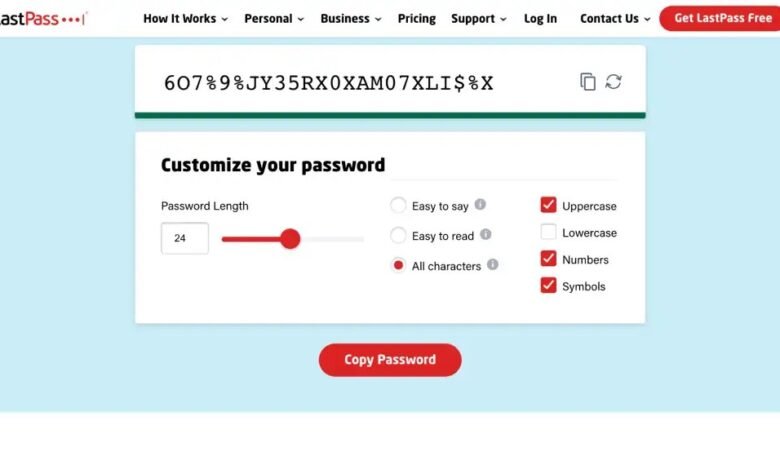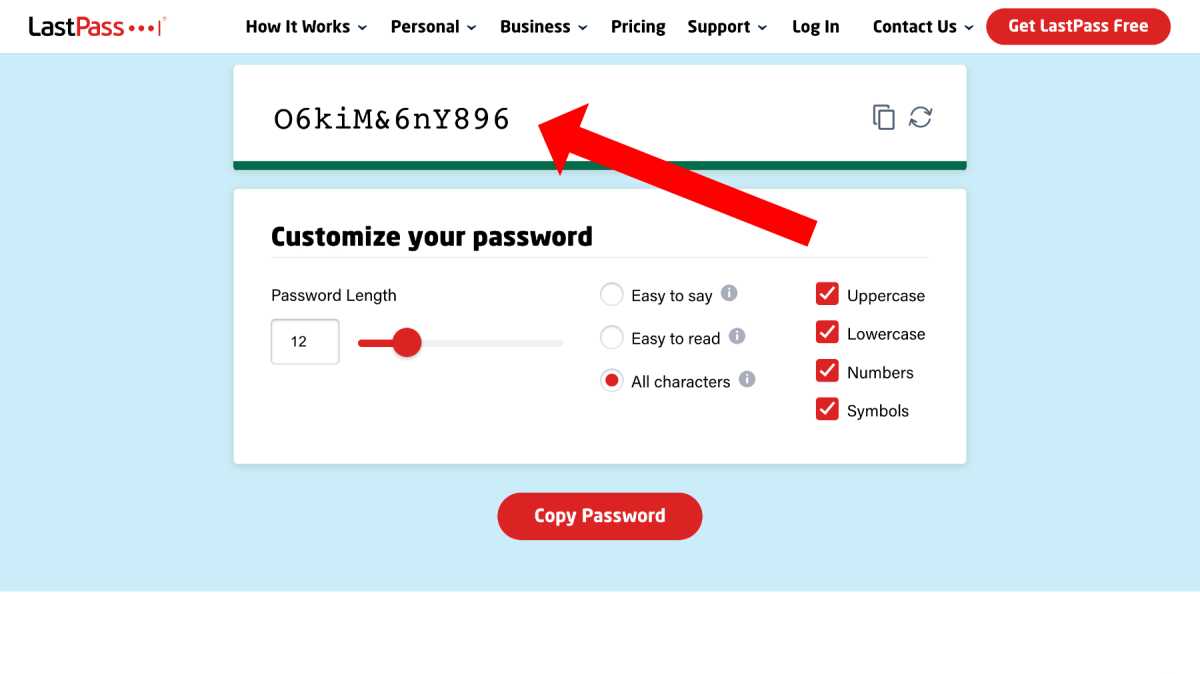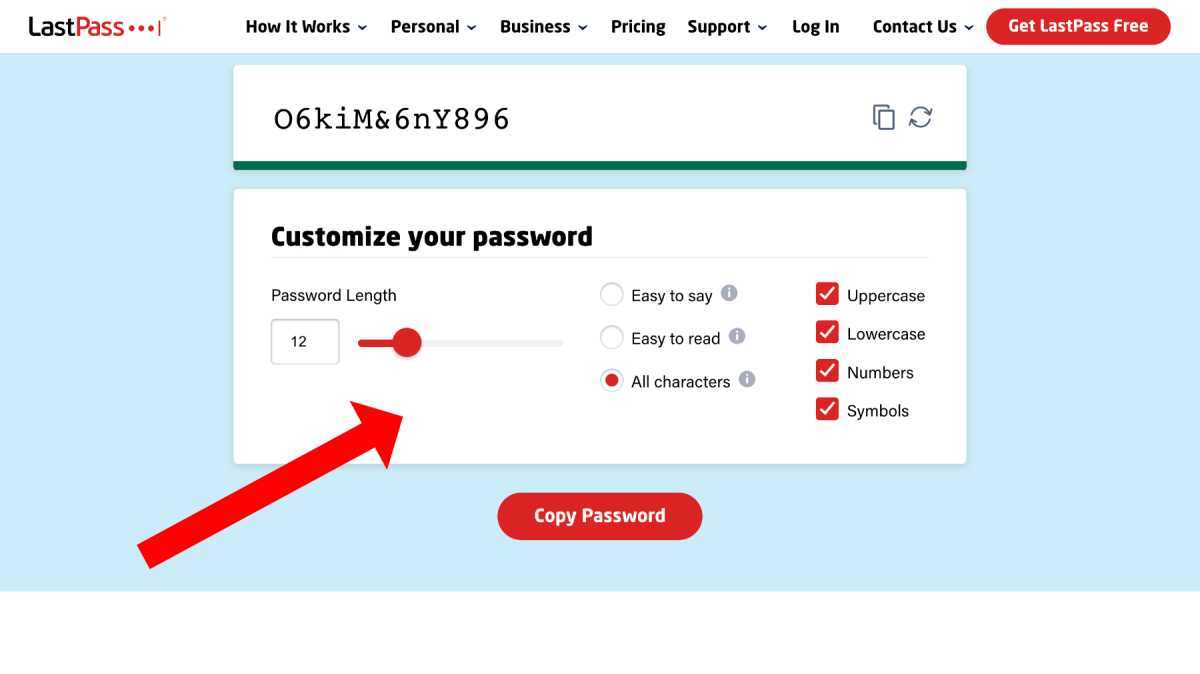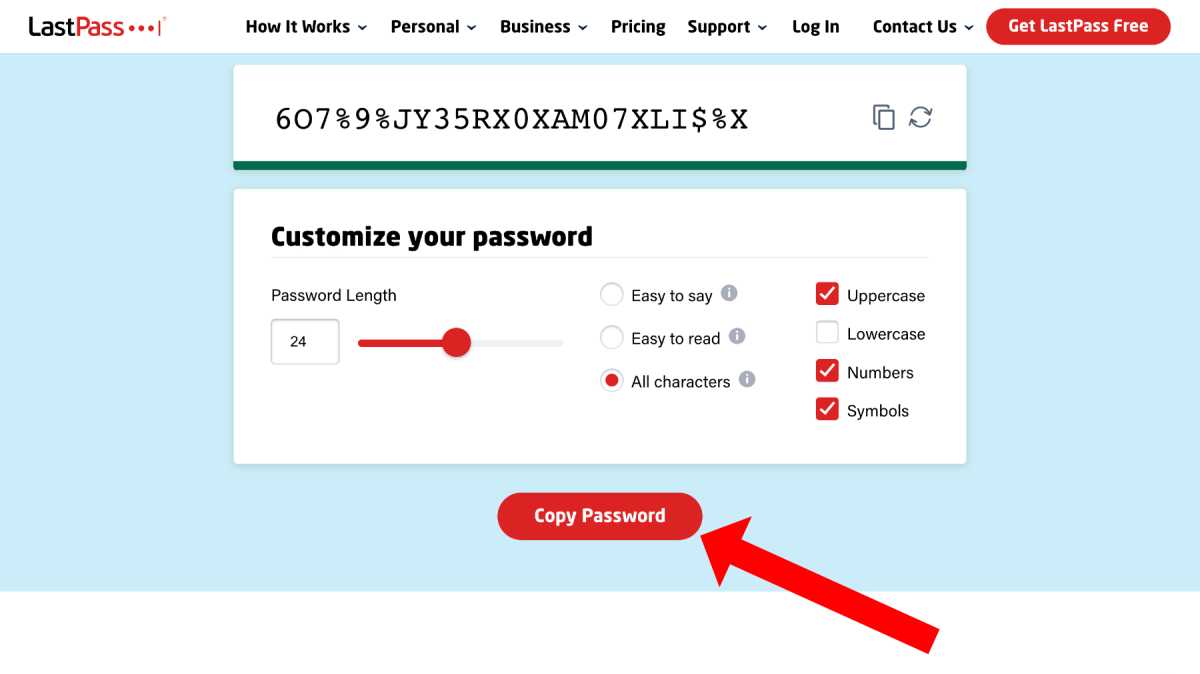How to Use and Where to Locate a Password Generator

A essential evil of our contemporary digital existence, passwords. They keep our accounts safe from unauthorised access, but they also make us nuts by making us memorise tangled strings of letters, numbers, and unique symbols.Foe this we can use password generator.
The human brain isn’t particularly good at this, especially when many websites and services have varied standards for what qualifies as a strong password. Therefore, a better option than trying to anagram the names of your favourite TV series or just entering your pet’s name and birthday is to discover software that can automatically generate secure, random passwords.
Here, we’ll discuss some trustworthy password generators and demonstrate how to utilise them.
A password generator is what?
As the name implies, this programme will generate random character combinations that you can use as your account’s password. It’s simple to discover and typically free to use password generators.
One thing to keep in mind is to AVOID entering your email address or logging in if you find one. If the website that is offering this service can use the password to log into the account itself, there is no use in creating a long, complex password. It won’t know which account you’re generating the password for, of course, but it’s a chance you shouldn’t accept.
This advise only applies to website-based password generators, as password managers with built-in generators should not require you to sign in.
Why can’t I just make a solid password on my own?
Even though you might believe you can, some study indicates that despite our best efforts, our minds often identify patterns with randomness, making it plausible that the passwords we choose could somehow be connected to information that hackers might be able to gather about us. We are after all attempting to create something memorable.
This is why using a specialised password generator is a smart idea. It goes without saying that no password is 100% secure, but software-generated passwords should be more secure than those we may come up with on our own, and the longer they are, the more secure they are.
What websites offer password generators?
Online, you may find a tonne of password generators. You can find options by performing a basic Google search for “password generator,” but you can also visit the websites of password manager programmes like LastPass, Dashlane, or 1Password to find a free password generator that is already set up and ready to use.
We’ll make use of LastPass’s password generator for the purposes of this illustration.
Using a password generator
It’s now time to generate your password after you’ve located a generator. The methods below should be appropriate regardless of which one you’re using because most of them operate in the same manner.
Read also: How to instal a new computer or laptop
1. Switch on the password generator.
To start, select the Use Password Generator option.
2. new password copied

You can see an automatically generated password in the main box. Simply copy and paste this, or use the menu below to modify it to better meet your needs.
3. Options to change passwords

The type of characters the password will use and its length are both selectable from the menu below. Check the requirements before creating a password for a particular website or app because some demand an upper-case letter, a number, and a special character like an exclamation point. The password will update as you make changes and become a new one that reflects your selections.
4. Adapted password copied

Simply copy the password and paste it into the account where it will be used once your changes are complete. The password generator won’t store it for you, so you’ll need to write it down somewhere (a password manager is recommended, of course).
Of course, if you have a lot of accounts, managing passwords yourself can get tedious. The issue of where to store the information containing these passwords is another issue.
We advise you to use a password manager service like the ones mentioned above in order to have the best experience and possibly the safest passwords. These will sync across devices, monitor your accounts for any data leaks that could compromise your details, store all of your passwords in a secure vault, and automatically generate new ones when you need them. One master password is all you need to remember, making it much easier on your memory. Our guide on using a password manager has more information.
The use of password managers is a great way to increase security without taxing your memory. Most have a low monthly fee, but some are free (like Bitwarden), there are frequently discounts, and there are family plans so one subscription can cover your entire household.
Although it may appear to be yet another expense, we believe that this one is well worth it. Read through our list of the top password managers to see our most recent suggestions.











